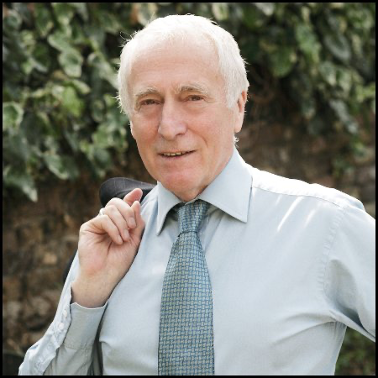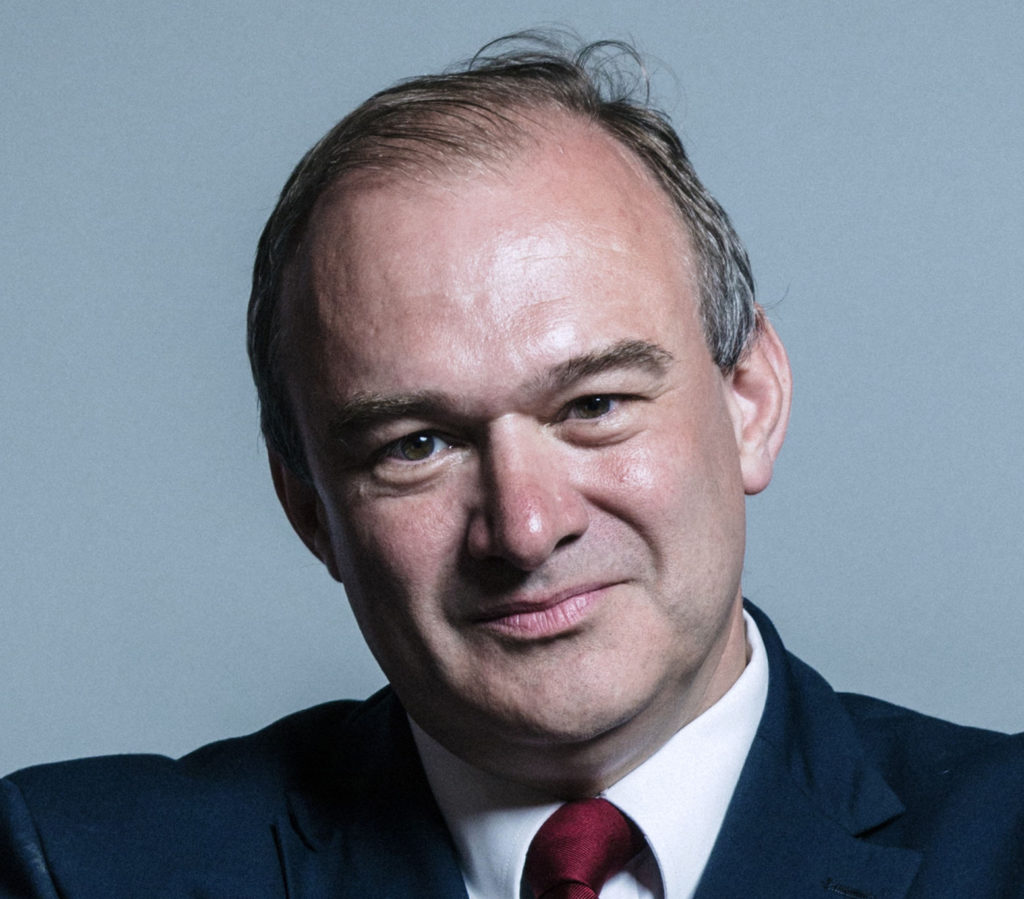Free Legal Advice Online
DLS provides free advice via information, factsheets, training courses and telephone and written advice in areas relevant to people with disabilities and their carers.
We provide free legal advice on community care, employment, housing and welfare benefits to disabled people and their carers to ensure that they have access to their rights and justice.
We aim to respond to enquiries within 3-5 working days but at times the wait may be longer in some areas of law because of the huge demand for our services.
Please note that we do not have the capacity to advise on every area of disability law. Please see the dropdown menus ‘Our Services’ at the top of the page to see if we can help you.
A seminar on current employment law issues can be found here.
A seminar on current benefits issues can be found here.
A seminar on current housing law issues can be found here
Disability Law Service is a unique charity that has been providing free legal advice and representation for disabled people since 1975.
We provide a vital service to some 4,000 people each year, many of whom are in distress as a result of discrimination or improper care.
People with disabilities find it increasingly difficult to access the law.
Our free legal service is vital.
Whether by donating or by persuading your company that training by DLS is important, you can make a vital contribution to our work.
DLS provides free advice via information, factsheets, training courses and telephone and written advice in areas relevant to people with disabilities and their carers.
DLS is able to provide bespoke legal training to corporates and charities at extremely competitive costs.
Our service can have a life-changing beneficial impact. We are proud to have some wonderful success stories.

Our President, Lynne Brooke, solicitor, is one of the founders of Disability Law Service which was created by Kith & Kids, a parent self-help group for people with learning disabilities. The idea was for parents to be able to enforce their rights. Lynne served as a trustee for over 40 years during which he has overseen tremendous growth at Disability Law Service. His years of dedicated service to the cause we represent have made a huge contribution to our organisation.
Starting life in 1975 under Lynne’s guidance, The Disability Law Service was originally run on a voluntary part-time basis at a Camden community centre, providing face-to-face advice at weekly drop in sessions. The demand for our advice and guidance grew quickly, and funding was obtained allowing the acquisition of an office and employment of full time solicitors.
Never stinting in his commitment, Lynne oversaw the development of Disability Law Service to the organisation we are today. We are hugely grateful that Lynne’s experience, advice, and guidance remain available to us in his capacity as our President.

Luke Clements, the Cerebra Professor of Law and Social Justice at Leeds University, is a distinguished academic and lawyer who brings his insights to inform our policy work and campaigns.
Read more about Luke here.

Sir Ed, whose distinguished parliamentary career began in 1997 and who has served on the cabinet as Secretary of State for Energy and Climate Change, is a keen champion of the rights of disabled people.
Read more about Sir Ed here.

Paralympian 100 metre medallist, Andrew Small, is a proud patron of Disability Law Service. Inspired by the 2012 London Paralympics, Andrew has found success after an incredibly short period of time and we are convinced that his support of our charity will be equally successful.
Read more about Andrew here.
Disabled people are rightly entitled to have reasonable adjustments made in their workplace conditions in order to ensure that they are able to work and can do so effectively. This right is provided for under the 2010 Equality Act.
In 2014 the Court of Appeal decided that this right is not available to carers. In that case the mother of a 17 year old disabled daughter was unable to seek a reasonable adjustment to her place of work in order that she could continue in work and conduct her duties as a carer.
We do not think that this is fair or right. The position has to change.
Today (10th June) our Patron, Rt. Hon Sir Ed Davey MP, will introduce a Bill to amend the Equality Act to provide reasonable adjustments for carers. It is our hope that the Government will adopt this Bill.
This would send a powerful message to both carers and the business community to the effect that a carer is to be accommodated in the workplace in the same way as a disabled person. This would be suitable recognition of the substantial contribution to society that carers make whilst making it easier for carers to remain in fulfilling employment, thereby reducing the need for reliance on benefits. Moreover, it would provide a framework for the retention by business of the talent that carers provide, with the resulting savings in costs by business that this would promote.
Thank you to everyone who completed our survey for autistic children.
The results show that 94% of autistic children have been refused an assessment by their Local Authority Children with Disabilities team. Additionally, 80% of those children were not referred for an alternative assessment. 97% of families agreed with us that policies need to change so that autistic children are not excluded from an assessment.
Our survey shows that the social care system is failing children who are on the autistic spectrum. The failure of providing an assessment is having a detrimental effect on their health & well-being.
Policies need to change so that autistic children have the right level of support to manage their individual needs.